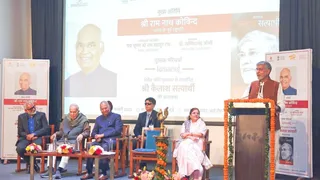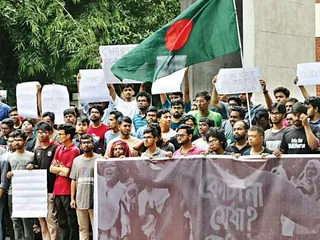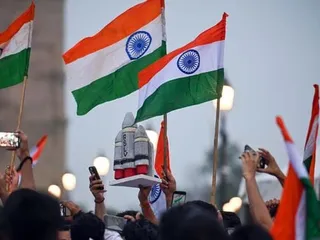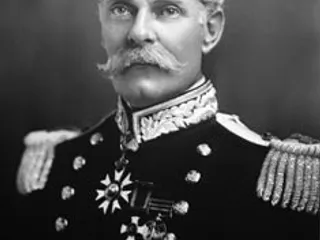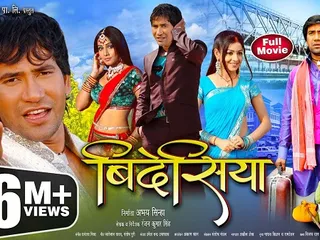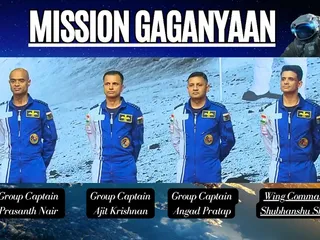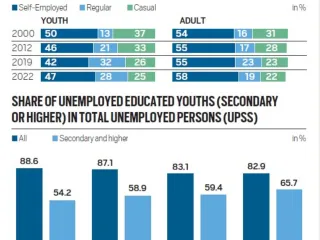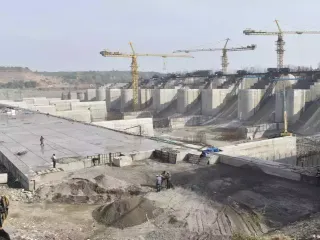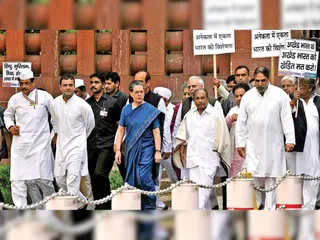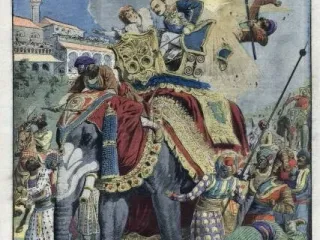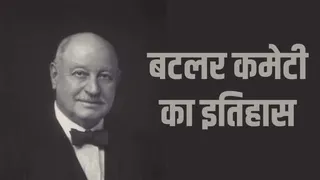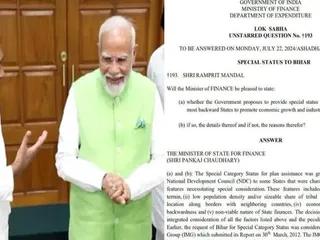The Kakori Train Robbery, which occurred on August 9, 1925, stands as a landmark event in India's struggle for independence from British rule. This audacious act of defiance, though seemingly small-scale, resonated deeply, shaping the narrative of the freedom movement and inspiring future generations of revolutionaries. It involved a group of young, passionate freedom fighters who dared to directly challenge the might of the British Empire through armed resistance.
The conspiracy was meticulously planned by a group of revolutionaries associated with the Hindustan Republican Association (HRA), later evolving into the Hindustan Socialist Republican Association (HSRA). Key figures included Ram Prasad Bismil, Ashfaqullah Khan, Rajendra Lahiri, Chandrashekhar Azad, and others. Their objective was to loot government funds being transported on a train near Kakori, a small town in present-day Uttar Pradesh. The money was intended to be used to fund the HRA's revolutionary activities and purchase weapons for the ongoing struggle.
The robbery itself was executed with remarkable precision. The revolutionaries boarded the train, overpowered the guards, and seized the government treasury. While the amount of money acquired was relatively modest, the symbolic significance of their action far outweighed its monetary value. The daring act directly challenged British authority and showcased the growing discontent among Indians. The success, however fleeting, injected a surge of hope and courage into the hearts of many who were yearning for freedom.
However, the aftermath of the robbery proved to be far-reaching and tragic. The British authorities launched a massive manhunt, swiftly arresting several members of the group. A series of trials followed, culminating in the conviction and execution of several prominent revolutionaries including Ram Prasad Bismil and Ashfaqullah Khan. Their unwavering courage in the face of death further fueled the flames of the independence movement, transforming them into martyrs and legends. Chandrashekhar Azad, however, managed to escape, continuing his revolutionary activities for years to come.
The Kakori Train Robbery is significant not merely for the act itself, but for its impact on the trajectory of India's independence movement. It demonstrated the potential of armed struggle as a means of resistance against colonial rule and inspired many to join the ranks of revolutionaries. The event highlighted the growing disillusionment with non-violent methods and the willingness of some to employ more direct action. The bravery and sacrifice of the revolutionaries involved cemented their place in Indian history, making the Kakori Train Robbery a crucial chapter in the nation's fight for freedom.
The story of the Kakori Train Robbery continues to inspire debates and discussions even today. It underscores the complexities of the freedom struggle, the diverse strategies employed, and the profound sacrifices made by countless individuals to achieve India's independence. It serves as a powerful reminder of the human cost of freedom and the unwavering spirit of those who fought for it.



